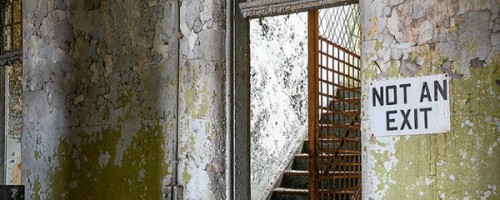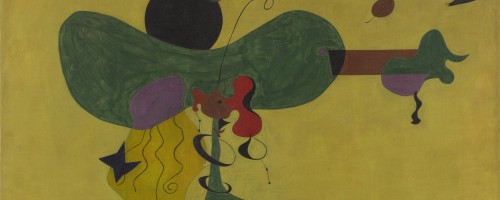September in poetry
Anupama Pilbrow’s debut collection opens with ‘The Body Poem’, which details a forbidden affair between a lover and ‘the body’. The lover is enamoured by ‘the body’, the lover accepts ‘the body’ and even appreciates ‘the sound it makes like / jangling keys’. The subject of the poem is never degraded, used or objectified. Pilbrow instead wraps ‘the body’ in a protective ‘gauze’ (instead of gaze?) which ‘sways in the breeze’.

















